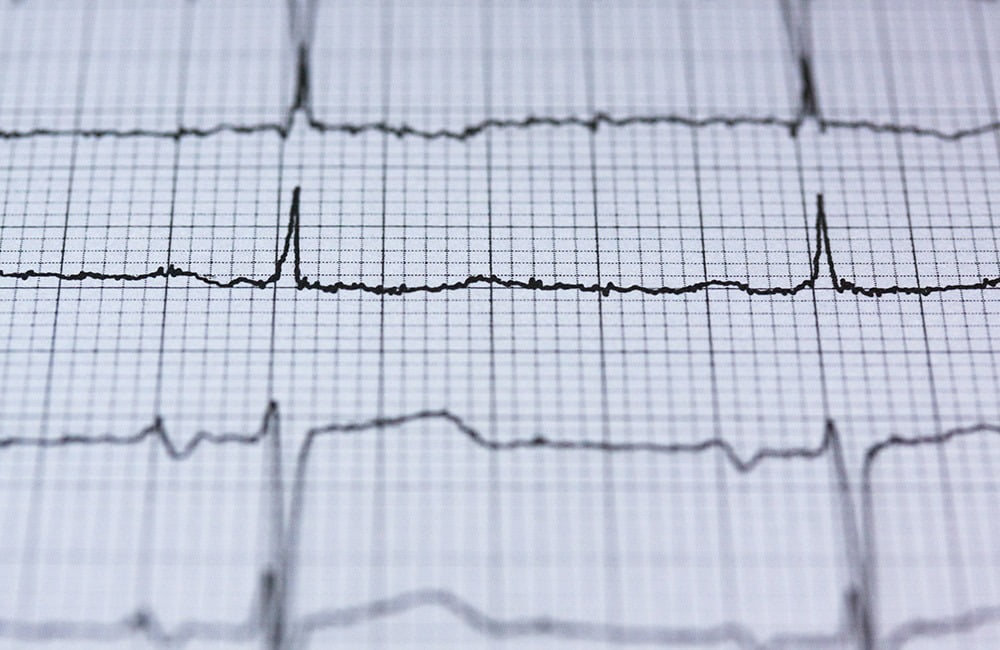It is overlooked how important your numbers are in relation to your cholesterol. Knowing these numbers can be a big factor in how you take care of your health. Did you know that an average person over 40 should be tested every five years?
Cholesterol is a waxy, fat-like substance in everyone’s body. It travels through your bloodstream in packages made of fat and protein.
What does getting tested involve?
Having your cholesterol tested involves taking a small blood sample. This is usually done with a pinprick test, otherwise called a capillary test, and can provide you with a result within minutes, or, it can be done with a full blood test from your vein taking 48 hours to receive your results.
In general, total cholesterol levels should be around 5mmol/L for a healthy adult. Mmol/L refers to the millimoles per litre of blood. An ideal level is above 1. Anything lower can reduce your risk of heart disease.
What can cause high Cholesterol?
It essentially comes down to your lifestyle — the healthier your lifestyle, the healthier you are and the less likely your cholesterol will suffer. The following has the ability to affect your cholesterol:
– Having a diet that is high in saturated fat
– Not being physically active
– Being overweight
Your cholesterol can also be affected by certain medications. If this is something that might concern you, please speak directly to your GP. It’s common to find unhealthy cholesterol is related to one or more of the following, and these should be investigated if you are suffering from any of these conditions.
-Type 2 diabetes
-Underactive thyroid
-Kidney problems
-Liver problems
-Excessive alcohol intake

As we get older it is common to find that your cholesterol levels raise naturally, for women this can particularly happen following the menopause.
There are over 100 genes that have the ability to affect blood fats, and sometimes it can take just one of these to increase your cholesterol. This is why it is important to get regular checks if you are directly related to someone with high cholesterol.
What are the symptoms?
There are no obvious signs meaning you may never know you have it unless you get tested. However, there are some signs and illnesses that can lead to high cholesterol such as the following:
– If you suffer from angina
– If you have a heart attack
– If you suffer a stroke
– If you suffer pain when walking
For more advice, you can also visit the NHS website. https://www.nhs.uk/conditions/high-cholesterol/
Healthscreen UK – SEQOHS Accredited Occupational Health Provider







